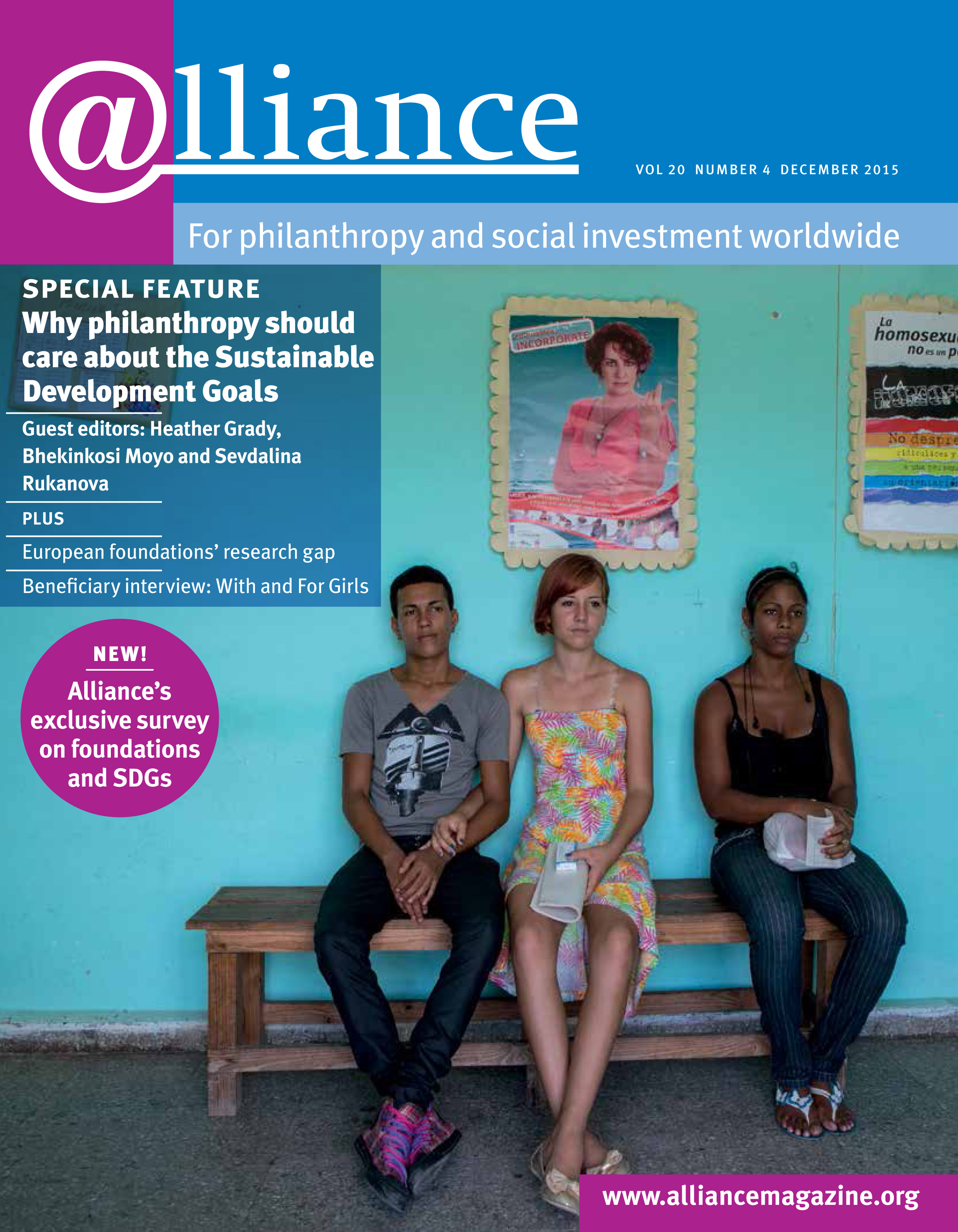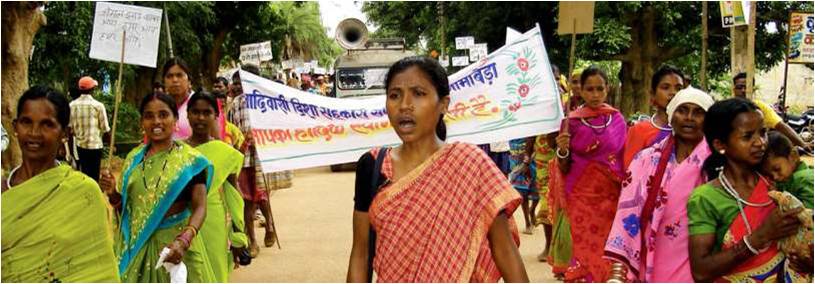Every government has a responsibility to create an environment within which civil society in its broadest sense can flourish; the US government clearly takes this responsibility seriously and plays an important role in helping to develop technical expertise and to build capacity within civil society organizations (CSOs) around the world. But can any government really appoint itself as the chief promoter of global civil society?
The model of state-sponsored civil society is clearly not desirable; Government-Owned NGOs (or GONGOs) may look like grassroots NGOs but are staffed by government officials and their mandate and activities determined by government policy.
A government promoting civil society in other countries can never be apolitical. At best it will be perceived as having elements of persuasion or soft imperialism, at worst it will be seen as unwelcome political interference or as the promoter of specific national security interests. One of the rationales governments use to clamp down on the generosity of foreign funders is that they are perceived to represent the foreign-policy priorities of their domestic governments.
‘The US government’s laws to combat terrorist financing do put a heavy compliance burden on domestic grantmakers.’
While working to protect its citizens and the legitimate activities of NGOs, the US government’s laws to combat terrorist financing do put a heavy compliance burden on domestic grantmakers, which can have an impact on their ability to work globally to distribute both their considerable amounts of money and their much-needed expertise.
A costly and complex ‘equivalency determination’ is normally required for a US grantmaker to determine whether a foreign organization would meet the registration requirements of a US 501c3 public charity, for example.
Having respect for the sovereignty of other countries’ CSO legislation, and knowledge of the environment in which that legislation is applied, could be a more collaborative, and certainly less costly, approach to assessing the suitability of an organization for the receipt of funds.
The need to comply with the US Patriot Act has also made grantmakers more wary about making foreign grants in case they mistakenly indirectly fund a terrorist organization.
An unintended consequence of the compliance burden has been the creation of the ‘hero-CSO’ – a particular organization in a country where grantmakers want to support CSOs, perhaps fronted by a charismatic spokesperson who is willing and able to travel the world and speak articulately in English about their particular civil society issue. This becomes a ‘safe’ and verified organization to which to direct funds and can mean that grantmakers congregate around the same organizations.
This approach can foster a focus on ‘western-friendly’ CSOs and leaders, neglecting less visible organizations who may not have English speakers, may not have a website or use social media, or know how to access foreign grantmakers or fill in their application forms, and may be harder to find geographically and subsequently be harder to verify within the compliance framework. And by being globally feted and financed, the hero-NGOs can lose their local credibility or relevance, and start to be seen as a puppet for another country’s agenda.
‘By being globally feted and financed, the hero-NGOs can lose their local credibility or relevance, and start to be seen as a puppet for another country’s agenda.’
Perhaps a more comfortable place for governments to focus their efforts is, as Laura Abrahams Schulz’s article suggests, to foster an environment within which a country’s domestic philanthropy starts playing a more significant role in funding CSOs, with governments sharing best practice on their promotion of domestic civil society capacity-building and innovation.
For example, in India, there are over 3 million CSOs, which are increasingly being funded by domestic individual and corporate philanthropy, supported by NGOs like Dasra, which has offices in India, the UK and the US, and by the passing of the Companies Act 2013 which requires ‘every qualifying company’ to spend ‘at least 2 per cent of its average net profit for the immediately preceding three financial years on CSR (corporate social responsibility) activities’. India does, however, have its own laws that discourage cross‑border philanthropy.
The US could take an influential lead by working with its domestic grantmakers to enable them to support global broad-based civil society that includes small, grassroots NGOs as well as the more easily found ‘heroes’.
Isabel Kelly is founder and principal consultant at Profit with Purpose, and a practitioner in residence at the Skoll Centre for Social Entrepreneurship at Oxford University’s Said Business School. Email isabel@profitwith purpose.co.uk








Comments (0)